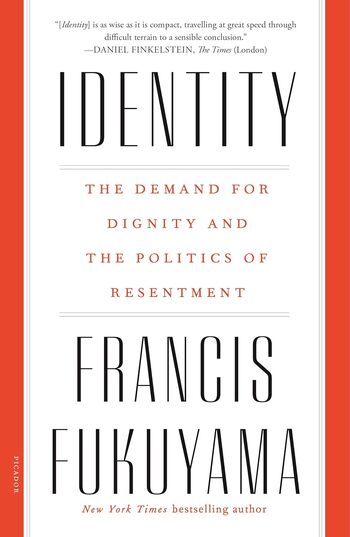
The Humor Code explores humor’s complexities, its role in communication, cultural differences, and its benefits in stress relief and emotional health.
Main Lessons
- Laughter is a vital communication tool and stress relief mechanism, helping us cope with difficult situations.
- The benign violation theory suggests humor arises from a balance between benign and violating elements.
- Comedic skills can be developed through practice, learning techniques like timing and knowing one’s audience.
- Cultural differences significantly impact humor; understanding context is key for universal jokes.
- Laughter can serve as protest, helping rebalance power dynamics in oppressive regimes.
- Jokes must navigate sensitivity, balancing humor without offending while considering audience interpretation.
- Laughter aids medical treatment effectiveness, easing patient stress, especially beneficial for children.
- Clown performances and laughter yoga show laughter’s therapeutic benefits in hospitals and personal wellness.
- Humor, even amidst catastrophe, helps people connect, providing strength and resilience.
- The art of humor is essential for human existence, enriching life, fostering joy, and improving communication.








